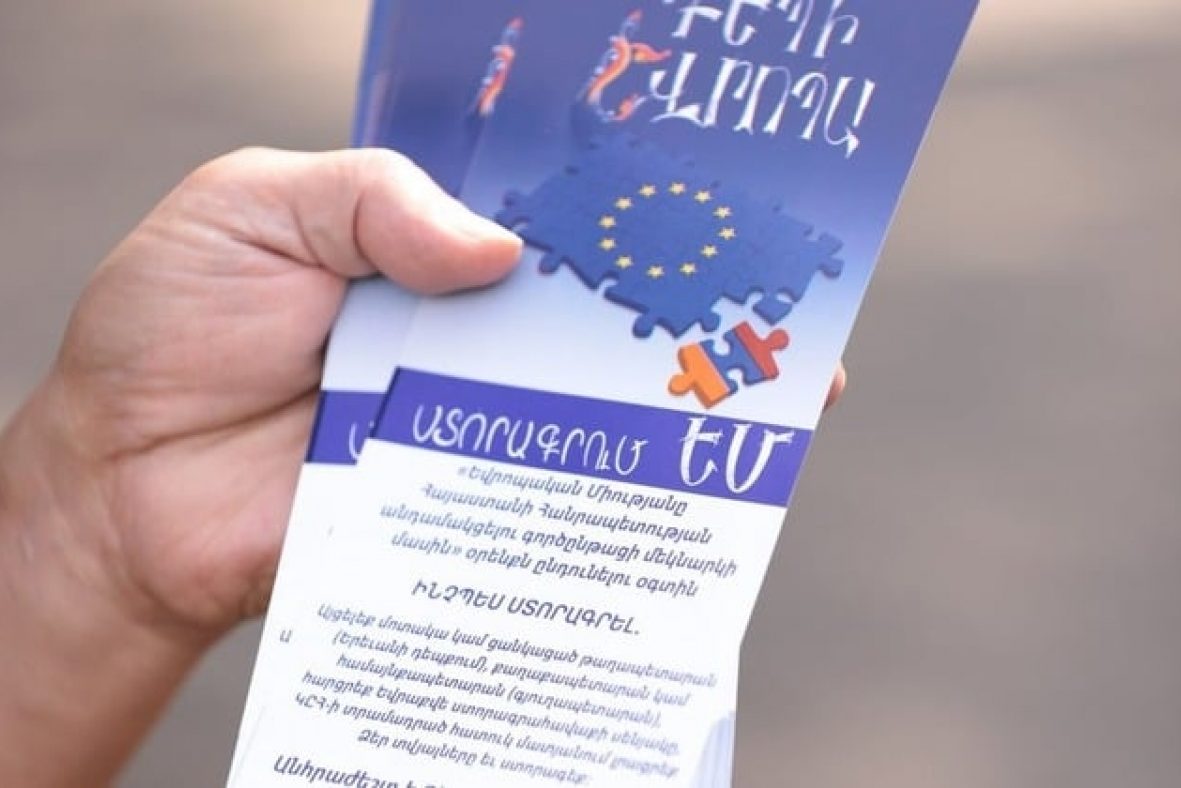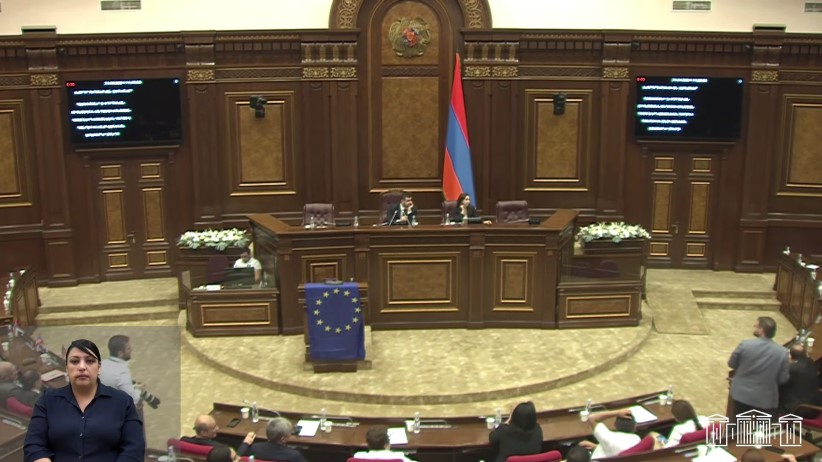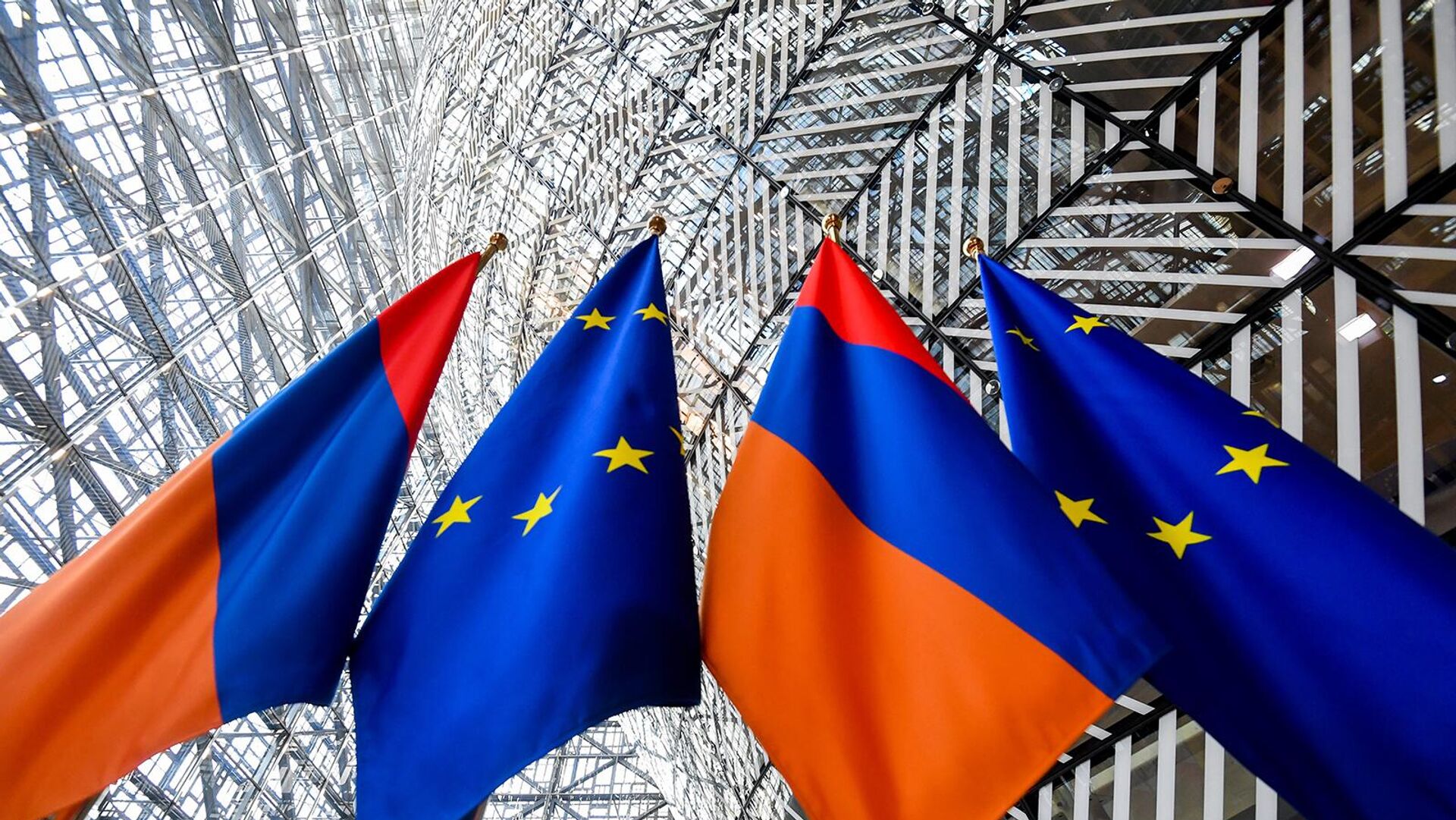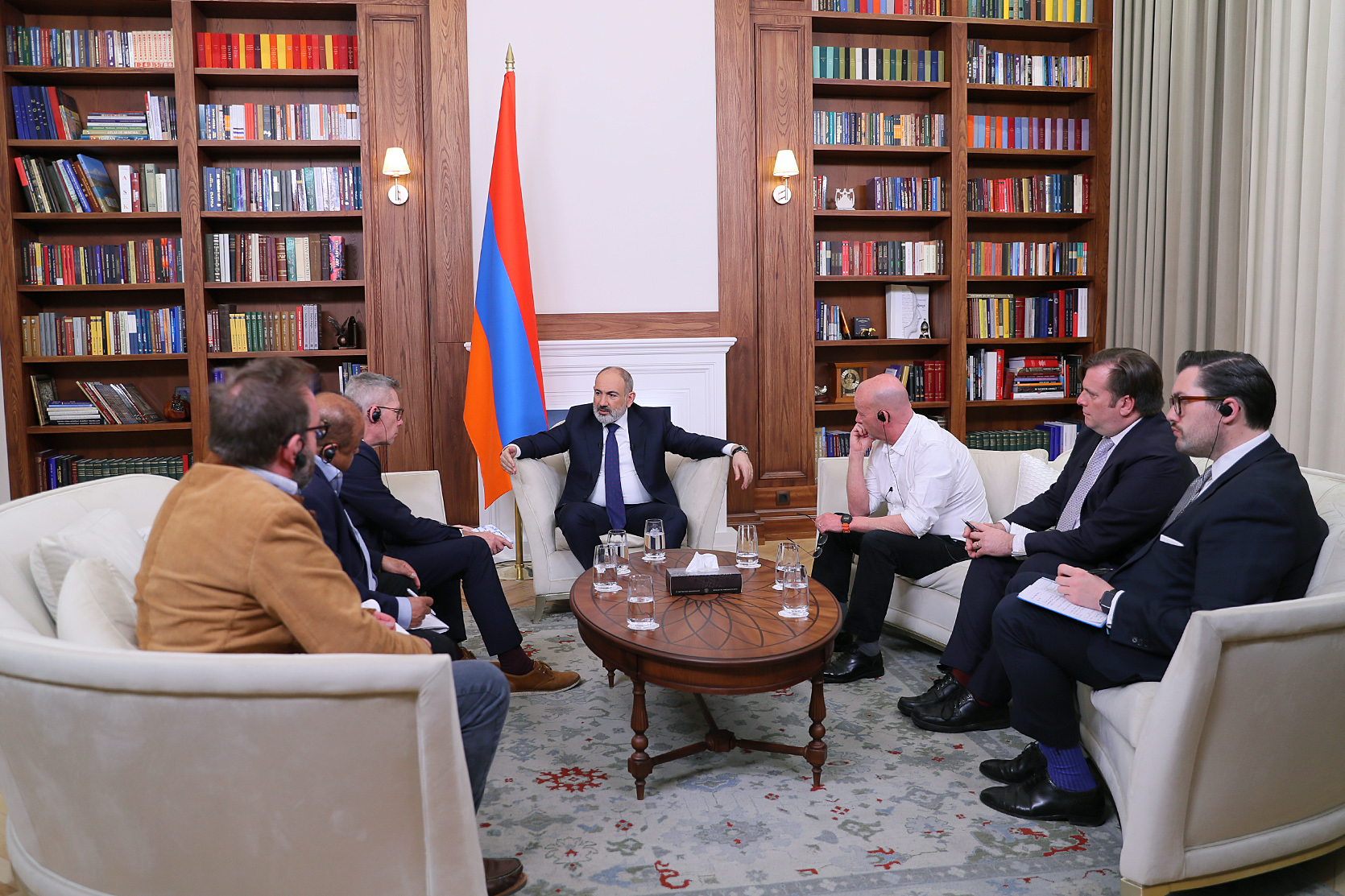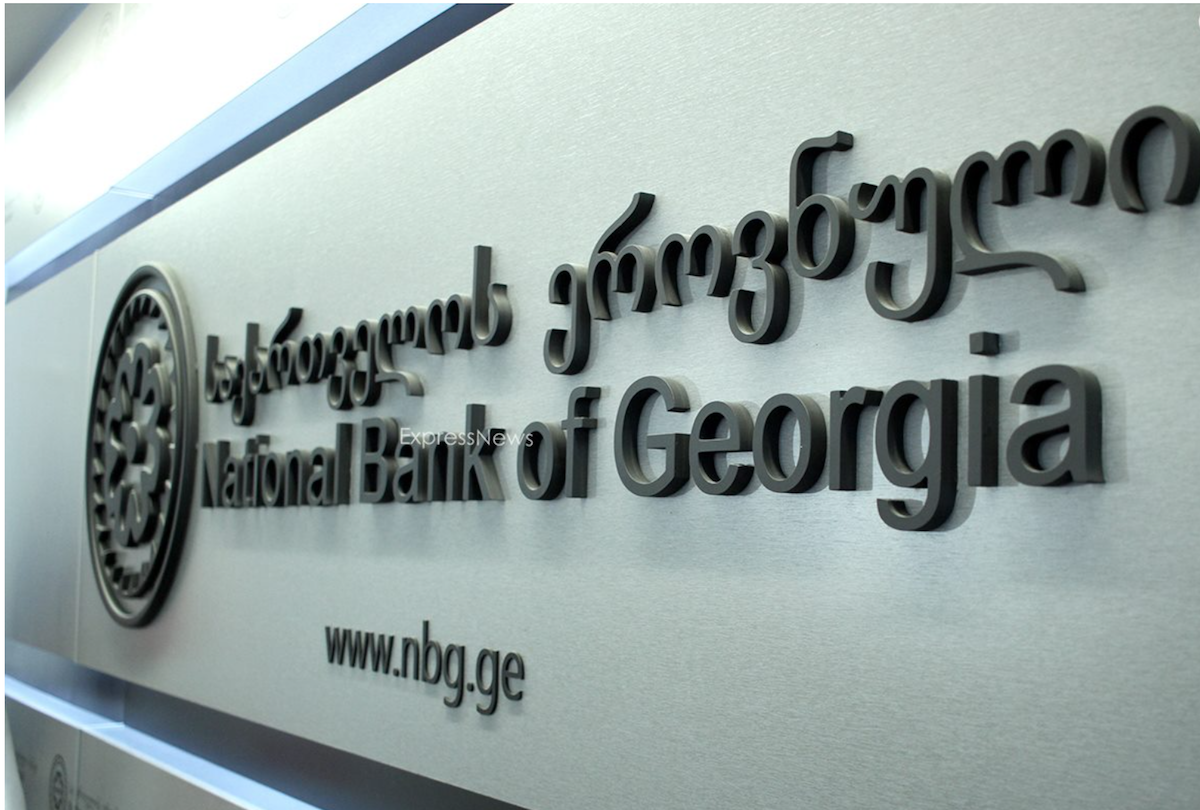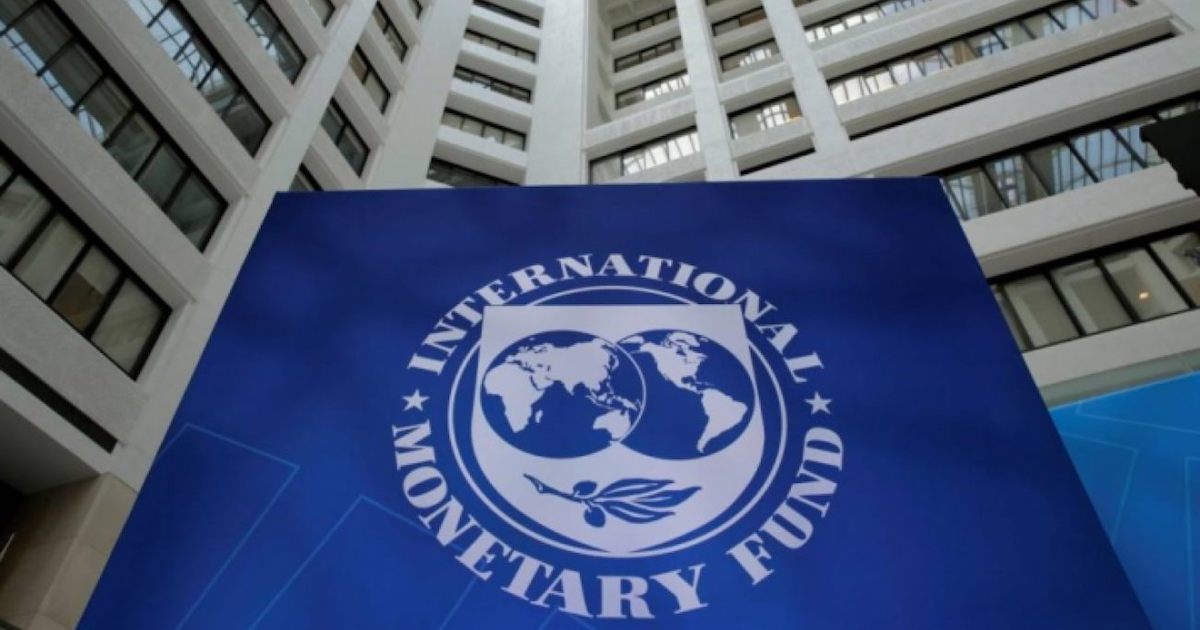Emmanuel Macron, Olaf Scholz, and Donald Tusk issued a joint statement expressing their concern over the political situation in Georgia and saying they could not support the opening of Georgia’s European Union accession talks unless the country carried out necessary reforms. They also called for swift and transparent investigations into the election-related irregularities.
On November 6, lawmakers of European countries calling themselves “Friends of Georgia” issued a joint statement, calling for an international inquiry commission to investigate irregularities in Georgian elections and for sanctions to be imposed on Bidzina Ivanishvili and officials and political leaders responsible for the country’s democratic backsliding.
The United Kingdom sanctioned the former de-facto president of the occupied Tskhinvali region, Anatoly Bibilov, as part of its sanctions package against Russia. Bibilov was sanctioned for his association with private mercenary groups with ties to the Kremlin. The UK sanctions include an asset freeze, a travel ban, and sanctions on trust services.
During the Foreign Affairs Committee of the European Parliament confirmation hearing, Marta Kos, Slovenian candidate and Commissioner-designate addressed, among other issues, the prospects of Georgia’s EU integration against the background of the country’s democratic decline. “Don’t give up hope,” she said to the Georgian people and at the same time called on the Georgian authorities to abolish Foreign Agents’ and anti-LGBT laws to return to the European path.
The Georgian officials and politicians, including the President and the Prime Minister, reacted to the landslide win of Donald Trump in the U.S. presidential elections, congratulating the president-elect on his decisive victory. While President Salome Zurabishvili emphasized the Euro-Atlantic integration and bolstering of regional security in her congratulatory post on X, PM Kobakhidze outlined the importance of peace and “restart in U.S.-Georgia relations.”
Judge Vladimer Khuchua of the Tetritskaro municipality, who confirmed that the secrecy of the ballot had been violated in the October 26 elections, thus invalidating the results of 30 polling stations, has become the subject of a discrediting campaign by Georgian Dream-affiliated media, anonymous social media pages, and individuals, according to the election watchdog International Society for Fair Elections and Democracy (ISFED).
After an extraordinarily lengthy deliberation of nearly 24 hours, the Tbilisi Court of Appeals rejected appeals by the watchdog Georgian Young Lawyers’ Association (GYLA) and the local observer mission My Vote over the alleged violations of ballot secrecy. The Court upheld the official, albeit disputed, results of the October 26 elections.
The International Society for Fair Elections and Democracy (ISFED) published a statement on a worrying trend identified by the watchdog in its analysis of the Central Election Commission’s data on voter activity by gender. The concern is the difference between the registered number of male and female voters and the proportion of those voters who went to the polling stations, as opposed to the figures reflected in the CEC’s voter database.
The civic movement For Freedom, which is a member of the local observer mission My Vote, has been fined 3000 GEL (1100 USD) for hanging a banner on the wall of its office building, that reads “Russian Dream Stole Elections.” According to the media sources, the members of the observer movement were initially individually fined 1500 GEL (550 USD) for this banner two days ago.
A journalistic investigation by opposition-leaning TV Pirveli uncovered alleged vote-rigging methods involving alleged cases of vote-buying, voter pressure, and voter intimidation through complex networks of “call centers” and dubious observer missions linked to the ruling party. Here you can read more about the main findings of the journalistic investigation, aired on TV about a week after the crucial vote.



